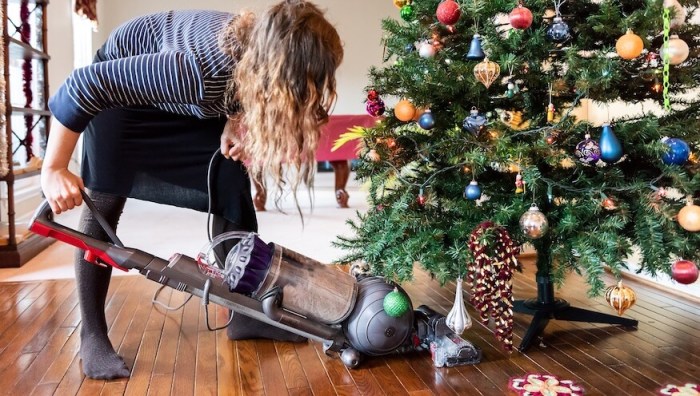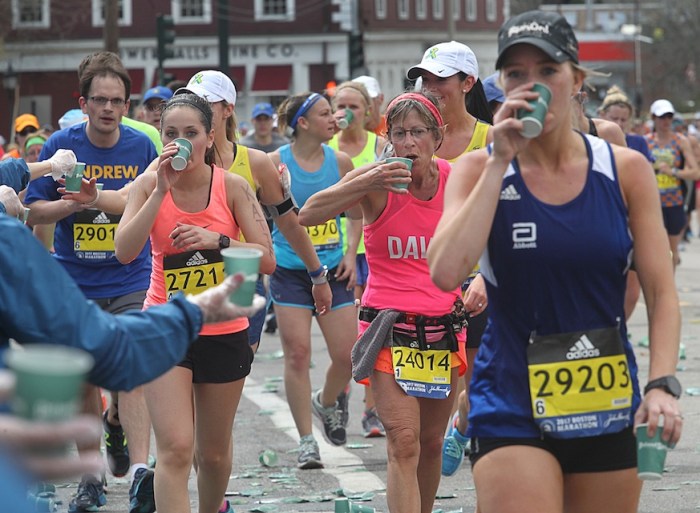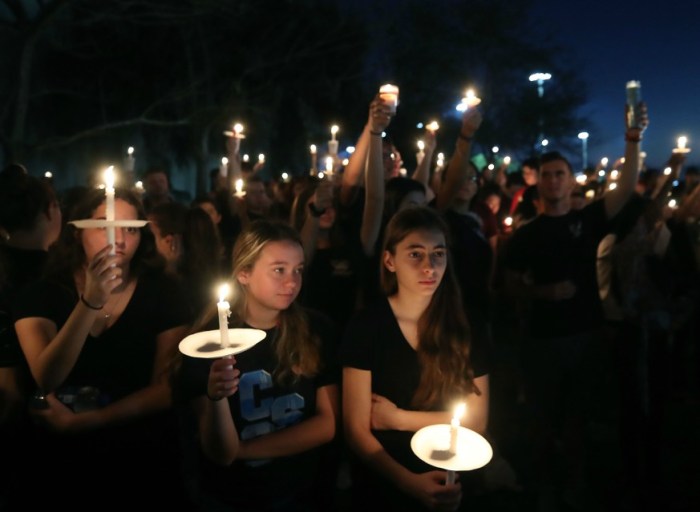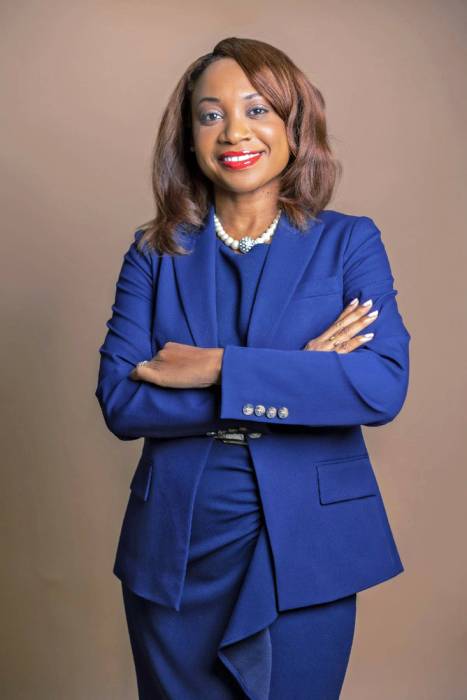Dylan McKay had a colon cancer scare three years ago.In 2015, a test revealed that Luke Perry, who played the “Beverly Hills 90210” heartthrob in the early 1990s, had precancerous growths. The now 50-year-old actor recently became an advocate for colon cancer awareness in an effort to encourage more Americans to undergo screening at a younger age. According to gastroenterologist Dr. David Greenwald, who runs the endoscopy center at Mount Sinai Health System, colon cancer is the third-most-common cancer in the U.S. While the most important risk factor for developing the disease is age, a study by the American Cancer Society of America published in February notes a marked increase in colorectal cancers among young and middle-age people. Factoring in age, people born in 1990 “double the risk of colon cancer and quadruple the risk of rectal cancer compared to people born around 1950, when risk was lowest,” the ACS says. We talked to Dr. Greenwald about the upward trend and why being screened is crucial if you’re noticing symptoms.
There’s been a rise in colon cancer rates among younger people. Why is that significant?
The cause of this alarming rise in cancer in younger individuals is not clear, but the important point is that people under the age of 50 who have symptoms of rectal bleeding, for example, should not mistakenly assume “it’s just hemorrhoids,” and should seek out appropriate medical attention. Besides advanced age, what are other risk factors?
Those who are felt to be at increased risk include those with a family history of colorectal cancer or polyps, a known family history of an inherited colorectal cancer syndrome or a personal history of chronic inflammatory bowel disease, such as ulcerative colitis or Crohn’s disease. What are the symptoms?
Blood in the stool, narrower than normal stools, unexplained weight loss, unexplained abdominal pain, unexplained change in bowel habits or unexplained anemia.People with such symptoms should seek out care from a medical professional. When should people start being screened?
The American Cancer Society recommends average-risk individuals should begin screening at age 50. People felt to be at increased risk often should begin screening earlier than age 50. The American College of Gastroenterology has recommended that colon-cancer screening for African-Americans should begin at age 45. What does a screening involve?
Colonoscopy is considered the gold standard of colorectal-cancer-screening methods for its ability to view the entire colon and both detect and remove polyps during the same procedure. Other tests are available and include a stool blood test known as fecal occult blood test, stool, and DNA testing. What can you do to avoid colon cancer?
The most important thing is to pick one of the tests and options available in consultation with a health care provider and get that test done. People are often scared of the tests involved, scared of the results, and generally embarrassed by talking about their colon and about stool. One must remember that colon cancer is largely preventable so getting any test done to screen is critical. We always say, “Don’t die of embarrassment.” What is the survival rate?
The other good news is that if colon cancer is not prevented but instead is detected in its earliest stages, it is often curable. In fact, the cure rate for early stage colon cancer, which is typically treated with surgery, is over 90%. Again, this is another reason to not be scared of screening—it may save your life.
Don’t be squeamish about getting tested for colon cancer

ISTOCK














